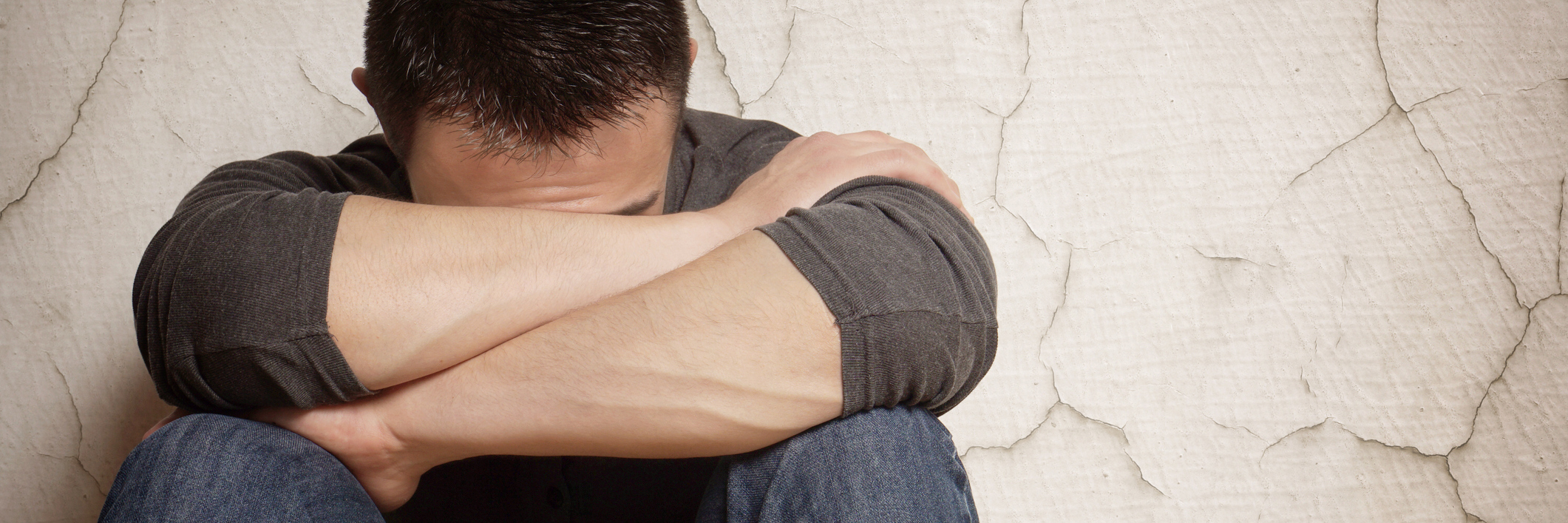Living with dissociative identity disorder (DID) affects every aspect of your life and contrary to what some people may believe, it is not just about the alters.
People with DID often have co-morbid conditions such as personality disorders, depression and anxiety disorders, to name a few. Individual alters can also have their own mental and physical conditions that the rest of the system doesn’t have.
Some symptoms overlap with and are similar to symptoms in complex post-traumatic stress disorder (C-PTSD) and post-traumatic stress disorder (PTSD); for example, flashbacks, body memories, panic attacks, intrusive thoughts etc.
Denial is a huge part of DID; at times we all question ourselves and really do not need other people making this worse. DID is so hard to accept, and even harder to live with. It is very common for those with DID to feel like they’re making a fuss out of nothing or that their trauma wasn’t “bad enough.” Please don’t think this; everyone reacts to trauma in different ways and what may be traumatic to one person may not be to another. Comparing yourself to others who may have “had it worse” isn’t helpful.
I know there are people out there questioning their experiences, genuinely confused and scared to admit what is happening. I have been there myself. I know how disorientating and terrifying it can be to lose time, whilst trying to maintain the façade that everything is fine. I know how unpredictable living with DID is and how utterly debilitating it can be to recover from traumatic events in childhood.
To everyone who is struggling, who hasn’t yet found the right support — your experiences are valid and do matter. It can be terrifying to reach out for help but I promise when you find someone who understands, it is invaluable.
To those who have been diagnosed but don’t know where to start — you are also valid and will heal at your own pace, even if it feels impossible right now. Being diagnosed with DID doesn’t mean your life is over; it means your healing can begin.
Even those who have a deeper understanding of their systems and how they came about and function — your experiences and your insight are so precious and could one day really help others in recovery.
DID is caused by chronic childhood trauma. It is not a joke or a phase. There will always be those who don’t believe us and those who think we are faking or roleplaying. There will be people who think we are scary or dangerous, as those with mental illness, in general, are so often misrepresented in the media. This is why raising awareness and educating about this condition is so important.
We are not pretending. We don’t want to be on benefits. We really do want to work but can’t (in some cases). We don’t want to take a huge amount of medication just to function. We don’t have scars for attention. We are not acting. We are not just having a bad day. We can’t “snap out of it.” We have restless nights and are tortured by our own thoughts daily.
We are not weak for crying or asking for help. We can’t always plaster that fake smile on. We are human and make mistakes. We did not choose this. We are hurt. Sensitive. Wounded.
Our past may consume us every day, but we are strong. We will keep fighting and we will survive. We are not victims. We are survivors.
If you or someone you know needs help, visit our suicide prevention resources page.
If you struggle with self-harm and you need support right now, call the crisis hotline at 1-800-273-8255 or text “START” to 741-741. For a list of ways to cope with self-harm urges, click here.
We want to hear your story. Become a Mighty contributor here.
Thinkstock photo via axelbueckert

